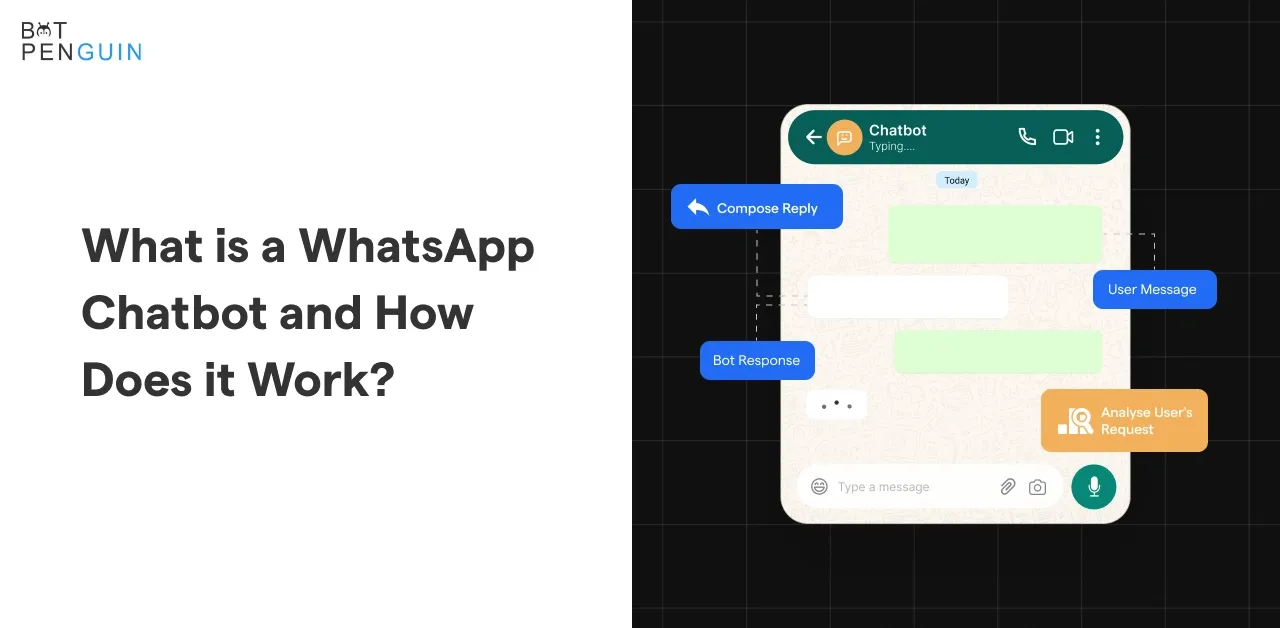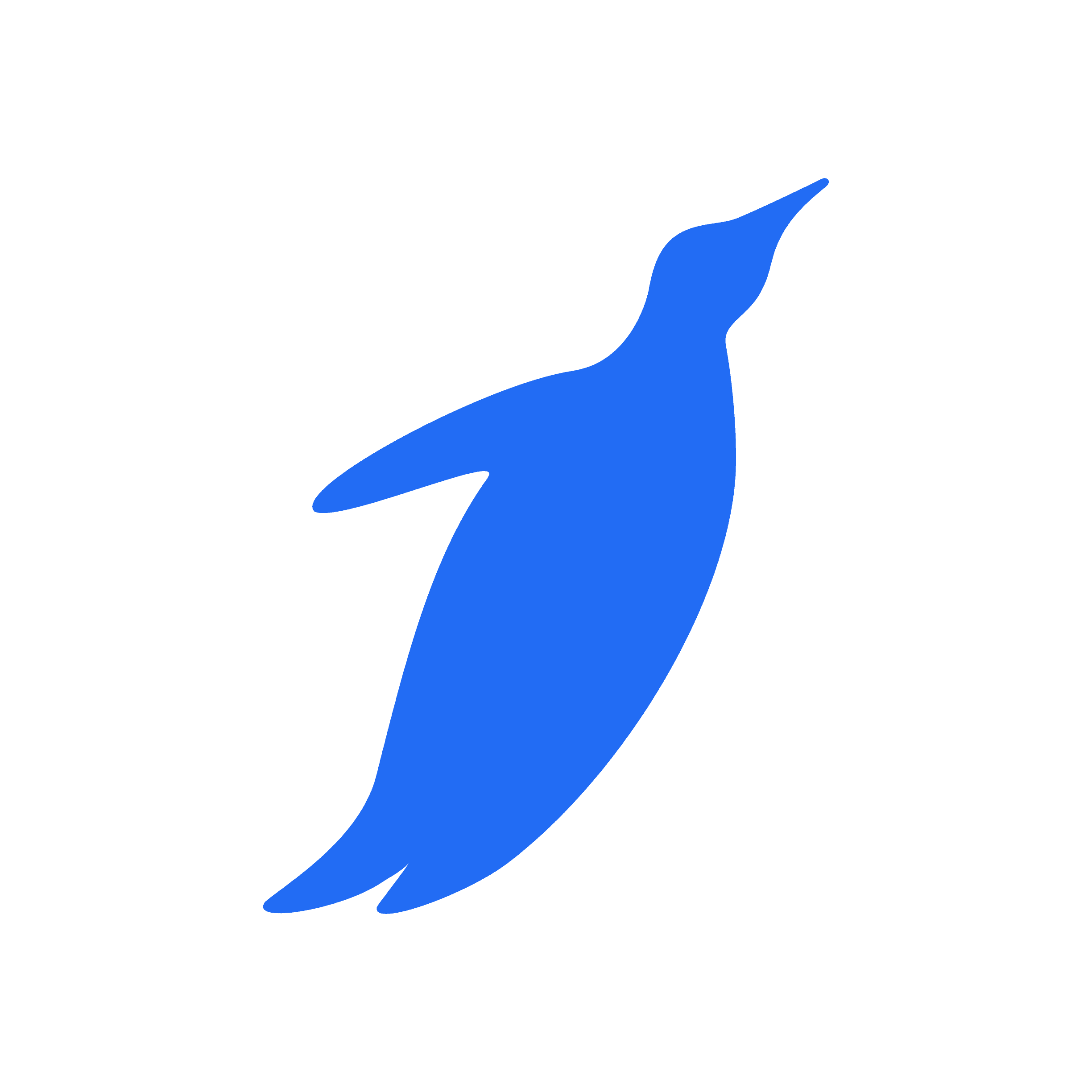In 2021, WhatsApp surpassed all other messaging platforms. WhatsApp usage increased by 40% as a result of the pandemic. WhatsApp users now send approximately 100 billion messages per day.
WhatsApp's enormous popularity stems primarily from sending complimentary messages between Android and Apple phones. Because of the app's simplicity and user-friendliness, WhatsApp has become indispensable for many people in maintaining social contacts.
The massive increase in WhatsApp Chatbot usage over the last few years has created many business opportunities. With the arrival of the WhatsApp Business API in 2019, organizations can now maintain customer contact via WhatsApp. As a result, companies are now even more accessible to their customers. Indeed, this is a significant differentiator in service and the customer experience in competitive industries like retail.
Hence, the benefits of Whatsapp Chatbot are beyond major. On the other hand, customers expect a company to be available 24 hours a day, seven days a week, which can quickly strain customer service. As a result, connecting a chatbot to your WhatsApp is a good idea.
What Exactly Is a Whatsapp Chatbot?
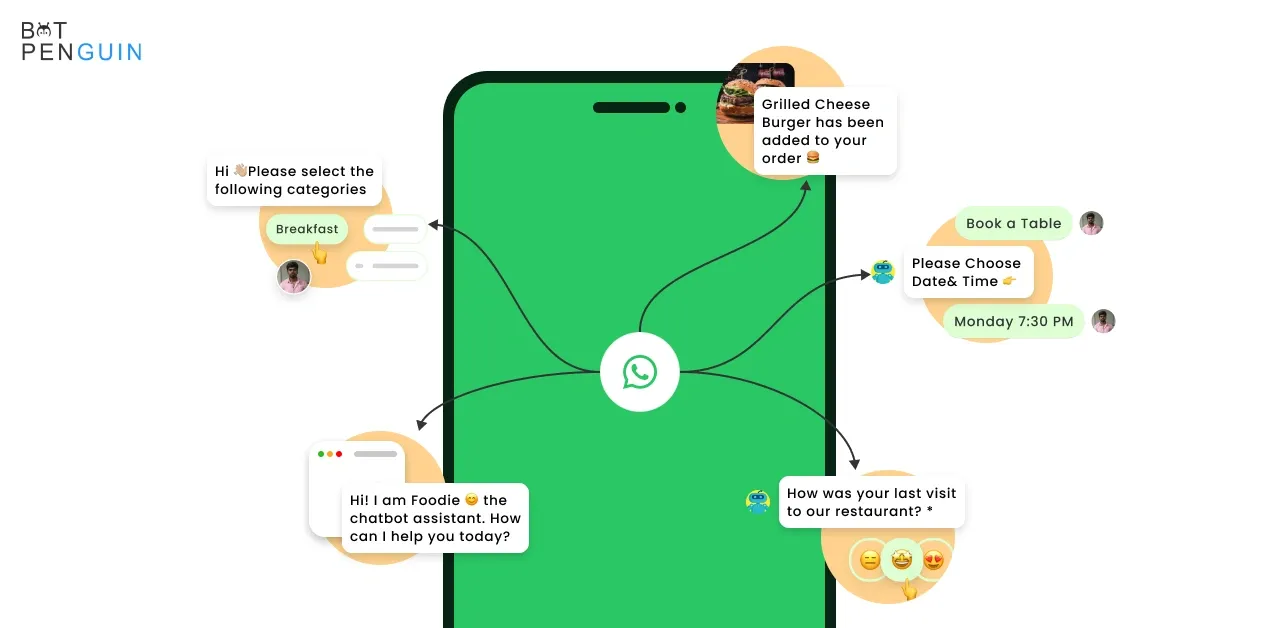
WhatsApp chatbot is an automated software that runs on the WhatsApp platform and is powered by rules or artificial intelligence (AI). People communicate with the WhatsApp chatbot through the chat interface, just like a natural person. It's a collection of automated responses that mimics a human conversation on WhatsApp.
A chatbot on WhatsApp looks precisely like a chatbot on any other messaging platform. A user can send a text message to a company using the WhatsApp Business number. When this occurs, a chatbot will initially pick up the letter and attempt to determine what the news is about and respond to it.
If the chatbot fails, it will, after a series of questions, for example, transfer the conversation to a human colleague. In addition to contacting the organization directly, a company can initiate an exchange if an opt-in has previously been given. These are also known as WhatsApp messaging templates.
How Do I Create a WhatsApp Chatbot?
Before building a WhatsApp chatbot, you must complete three significant steps.
Step 1
Comply with WhatsApp API constraints
WhatsApp considers the following four essential factors:
1. Company Size: As mentioned earlier, WhatsApp restricts API access, mainly catering to medium and large businesses. Although challenging for small businesses, it's not impossible. Contact WhatsApp global business solution providers for potential access or explore available small business solutions.
2. Industry: WhatsApp considers the industry in which your company operates. API access, for example, is difficult to obtain in the following sectors:
- Government
- Political parties
- Self-employed software developers
- Financial industry (gaming, gambling)
- Adult content, entertainment
- Weapons
- Alcohol
- Tobacco
- Medical care
- Supplements
As WhatsApp encourages financial services, retail, education, real estate, and telecom, it is easier for these industries to obtain API access.
3. The chatbot's purpose is the most critical limitation: WhatsApp does not permit chatbot use for marketing or promotional notifications. So, spam or unwanted promotional content is strictly prohibited. WhatsApp chatbots are best for customer service and non-promotional notifications. You are more likely to obtain WhatsApp API access in such cases.
4. Compliance with WhatsApp Policies: You must adhere to the WhatsApp Business Solution Terms and the WhatsApp Business Solution Policy. Scrutinize them and ensure that your company is adhering to these policies.
Step 2
Obtaining Access to the WhatsApp API
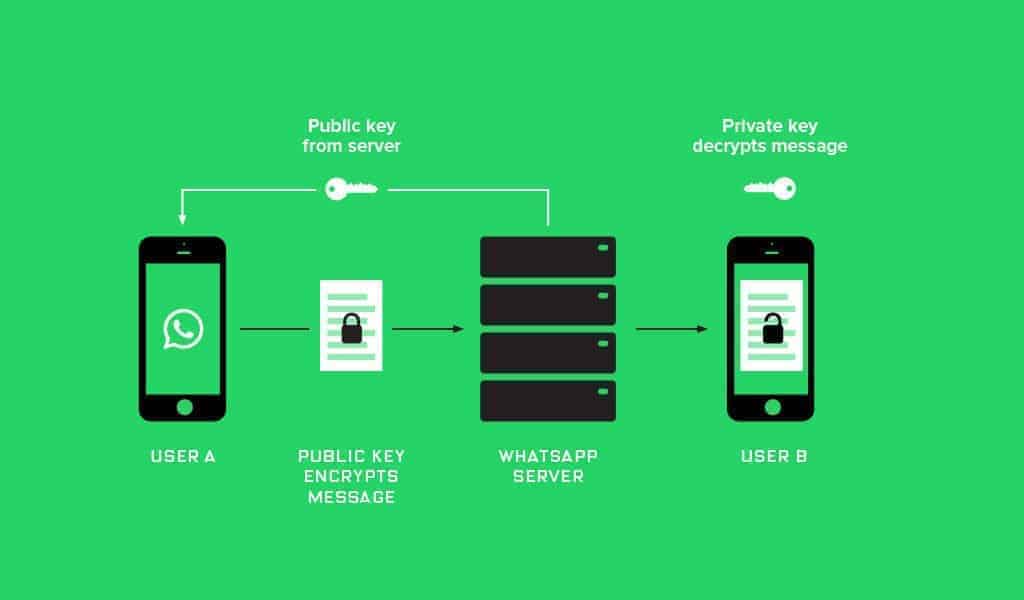
The final and most crucial step is to submit a request for WhatsApp API access. There are three methods for obtaining WhatsApp API access:
1. Collaboration with business solution providers: WhatsApp suggests working with a Business Solution Provider. There are currently 65 partners. You must contact the partner's representative and request access to the WhatsApp API. There are two important reasons to work with partners
- You have a better chance of getting API access.
- WhatsApp considers the request within 1-4 weeks.
2. API self-request: If you prefer to work directly with WhatsApp, you can access the WhatsApp API by completing the application form. However, because WhatsApp prefers to work with businesses through partners, you may have to wait up to 6 months for your request to be considered. There, you will be required to enter your company name, website URL, full name, address, and phone number.
3. WhatsApp Chatbot Platform: Opting for a WhatsApp chatbot platform is by far the easiest move, as it will save you a ton of time and effort. These platforms already have obtained Business APIs, which you can use through a WhatsApp chatbot. The key platforms include Wati, AiSensy, BotPenguin, etc.
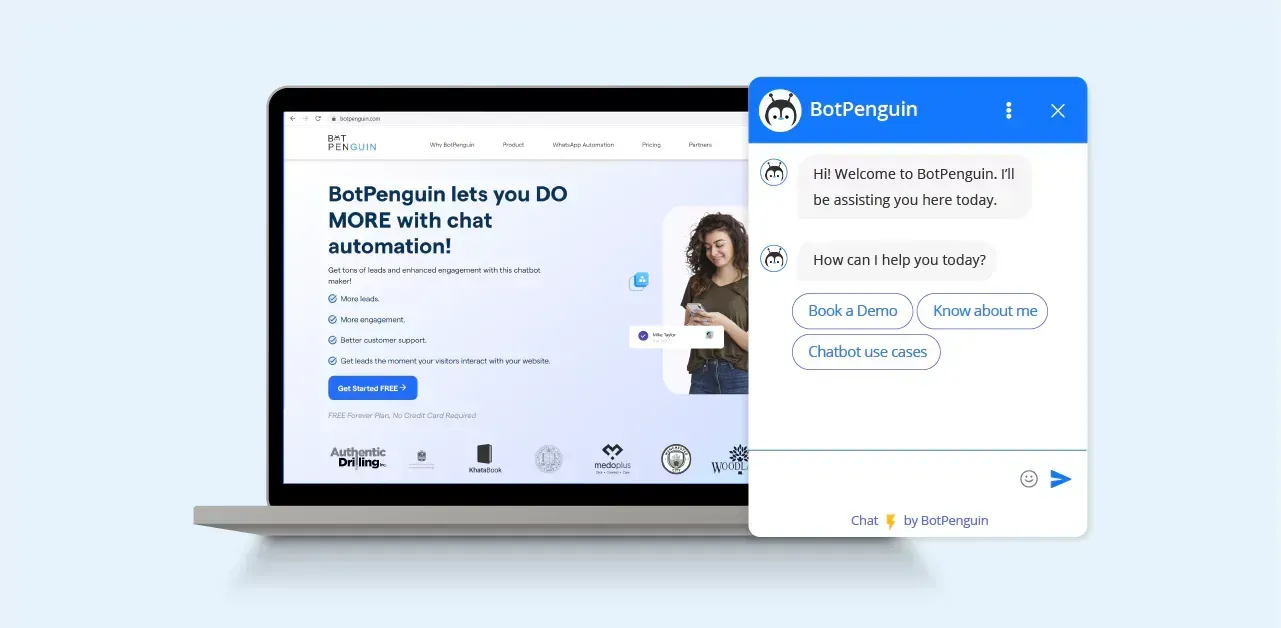
Here’s how you can create a Chatbot for WhatsApp Using BotPenguin:
- Sign up for BotPenguin
- Access the dashboard and navigate to the bot creation section.
- Select WhatsApp as the platform for your chatbot.
- Log in with your Meta Business Manager Account or create one if needed.
- Follow the registration process as guided.
- Ensure that you provide a phone number not previously registered on WhatsApp.
- Edit Your Chatflow and configure other features.
- Set up integrations from 60+ native integrations, including ChatGPT.
- Customize your chat flow and configure additional features as required.
- Upon completing the chatbot creation, access the WhatsApp Automation section.
- To do WhatsApp Chatbot integration navigate to the Widgets tab to integrate the chatbot icon, WhatsApp link, or QR code onto your website.
- Implement the provided chatbot code or share the WhatsApp link/QR code with your audience.
Suggested Reading:
How Does the Whatsapp Chatbot Function?
The WhatsApp chatbot operates through a series of functions and features that enable efficient customer support and interaction.
- Chatflow: When a user messages a company's WhatsApp Business number, the chatbot starts a conversation and tries to understand the query. It follows set chat flows, which are sequences of messages guiding the conversation and giving suitable responses
- Training on FAQs: The chatbot is trained on frequently asked questions (FAQs) to improve its understanding and response capabilities. By analyzing and learning from past interactions, the chatbot becomes better equipped to provide accurate and relevant information to users.
- Integration with ChatGPT: WhatsApp chatbot integration with ChatGPT, an AI language model, can be done to enhance its conversational abilities. This integration enables the chatbot to generate human-like responses and engage in more natural and dynamic conversations with users.
- Agent Collaboration: In a hybrid model, the WhatsApp chatbot works together with human agents. If the chatbot can't handle a query, it smoothly hands over the conversation to a human agent. This ensures users get personalized support, blending automation with human assistance.
WhatsApp Chatbot Use Cases
Businesses use WhatsApp chatbots for various purposes, including support, eCommerce, marketing, and FAQs. These bot can be customized for their specific needs. For example, an eCommerce store can send order tracking notifications and process return/refund requests through WhatsApp chat.
Customer Support
A WhatsApp chatbot for customer support can be used to provide quick and automated responses to customer queries. It can handle common support issues, provide information about products or services, and guide customers through troubleshooting steps.
By automating customer support, businesses can save time and resources while ensuring that customers receive timely assistance.
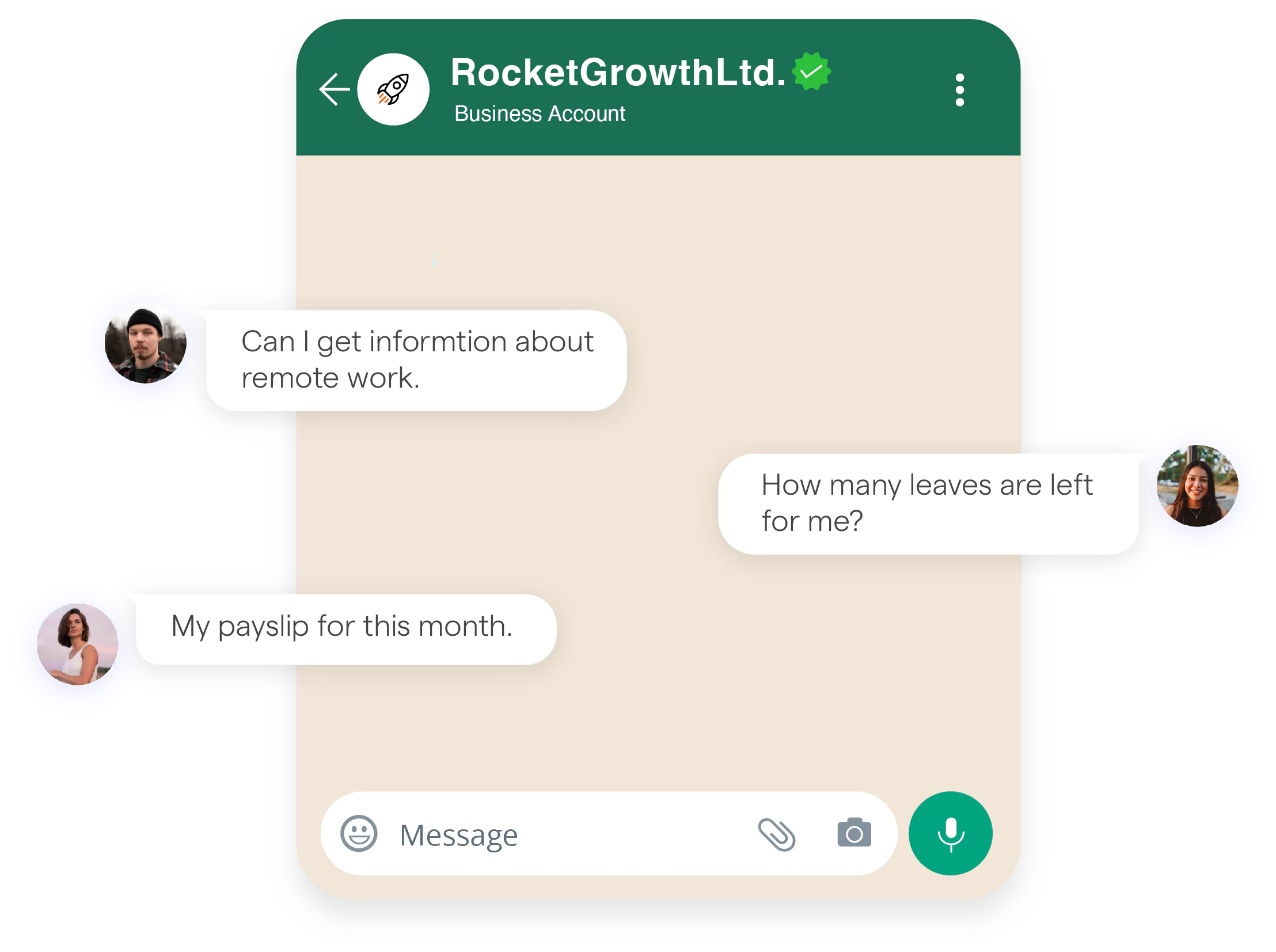
Order and Appointment Management
Businesses can use a chatbot for WhatsApp to streamline the process of managing orders and appointments. Customers can place orders or schedule appointments through the chatbot, which can provide real-time updates, confirmations, and reminders. This helps improve efficiency and reduces the need for manual coordination.
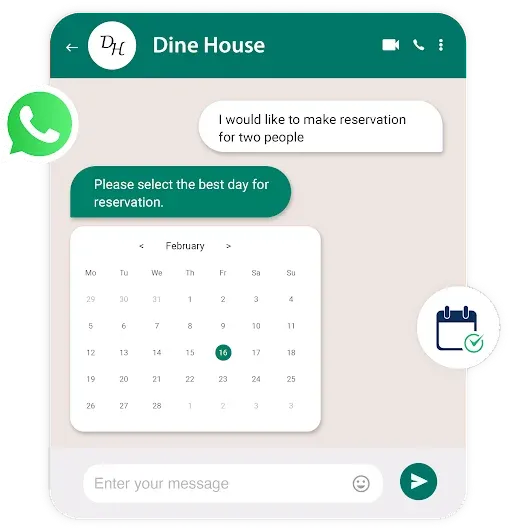
FAQ and Information Retrieval
A WhatsApp chatbot can serve as a knowledge base, providing instant access to frequently asked questions and information. Users can query the chatbot for product details, pricing, company policies, and more.
The chatbot can provide accurate and consistent information 24/7, enhancing self-service capabilities and reducing the burden on support teams.
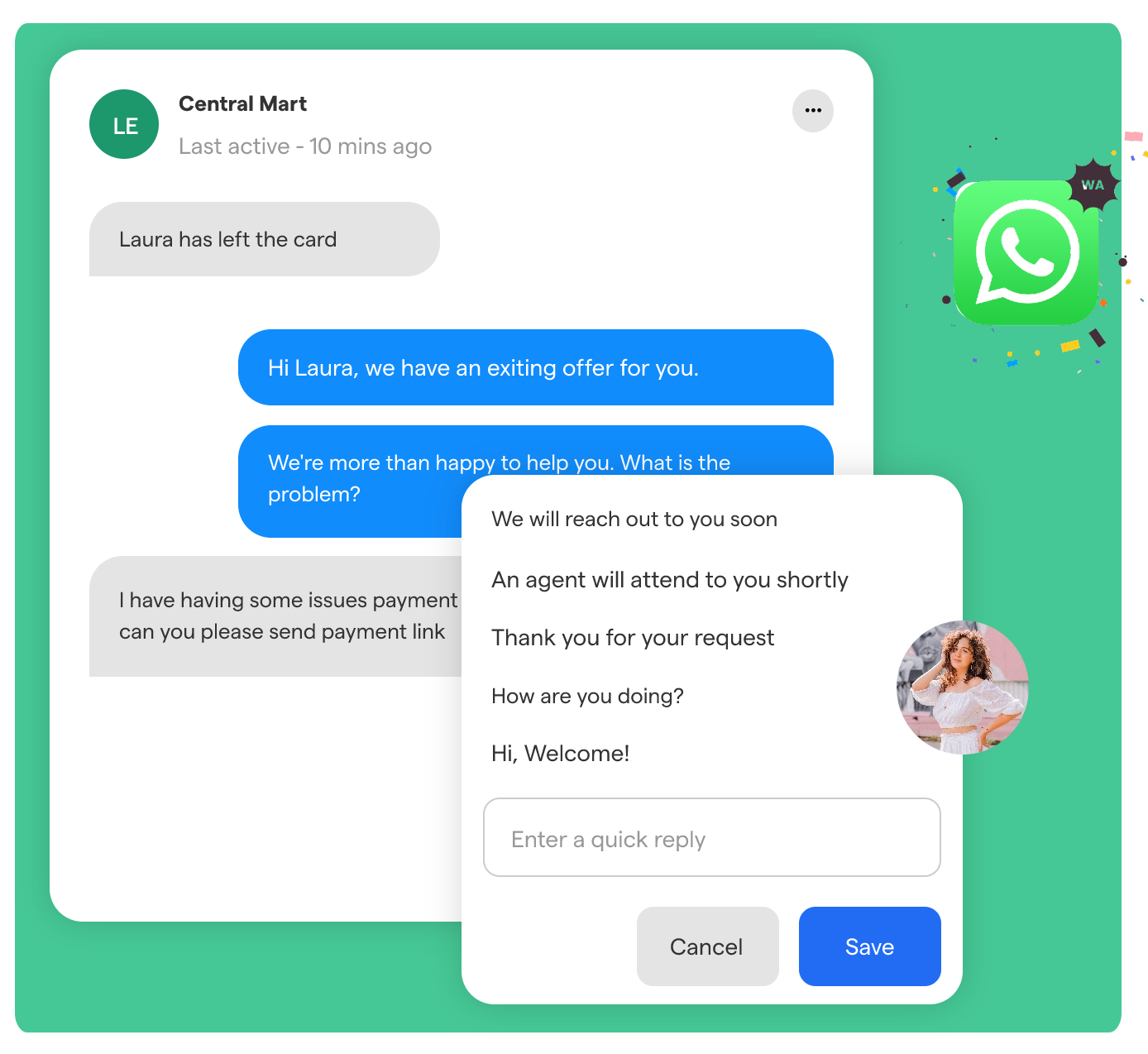
Marketing and Promotions
While WhatsApp restricts chatbot use for marketing and promotional notifications, businesses can still leverage chatbots for interactive and engaging marketing campaigns.
Chatbots can be used to run quizzes, surveys, or contests, allowing users to participate and receive personalized responses. This helps businesses gather user insights, increase brand engagement, and drive user interaction.
It's important to comply with WhatsApp's guidelines and policies regarding the use of chatbots for marketing and promotional activities.
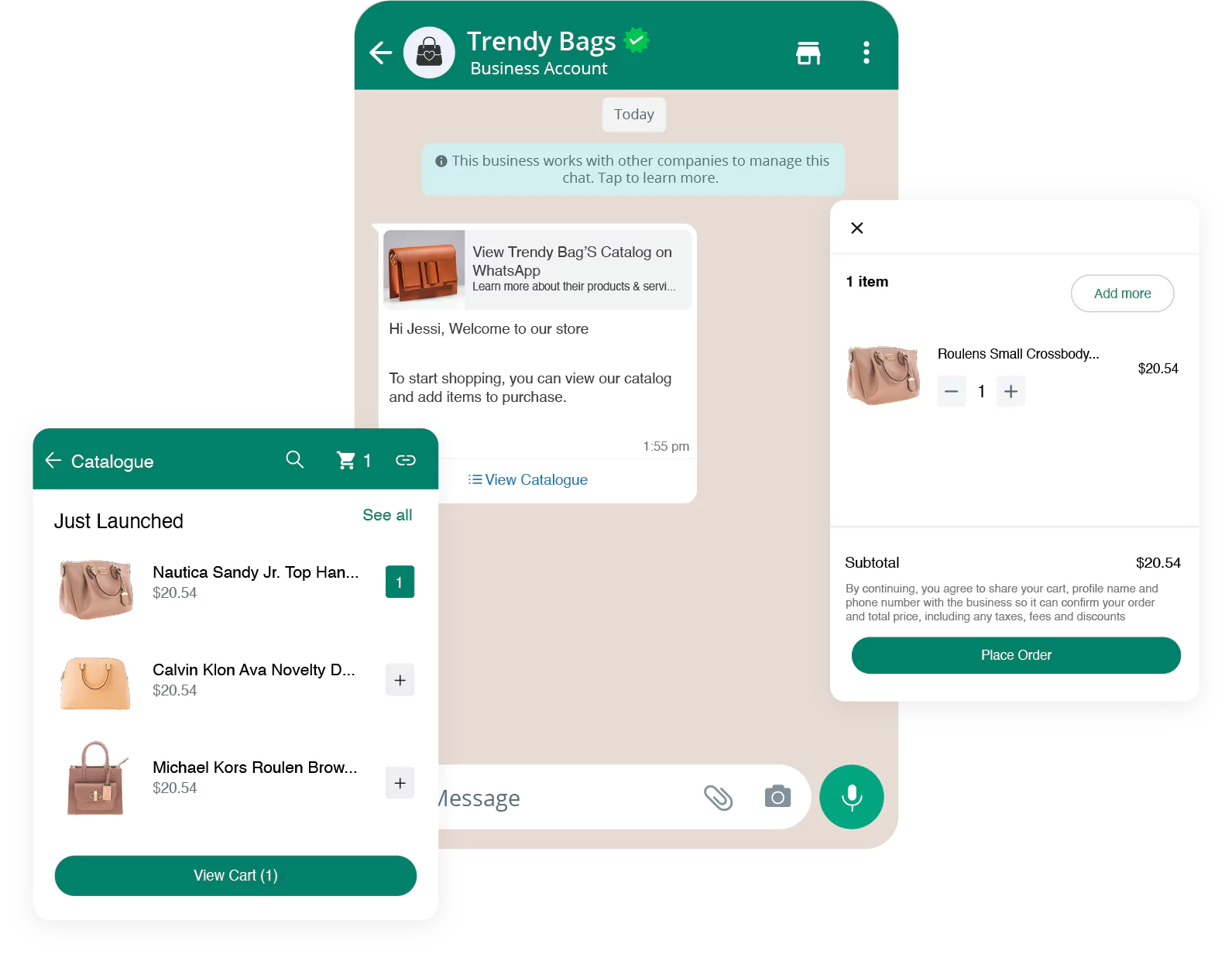
Advantages of Using a Chatbot for WhatsApp
There are several benefits of using a WhatsApp chatbot. WhatsApp as a platform has a large user base, is easily accessible, has lower operating costs, high open and click-through rates, and so on. Let’s learn more about it.
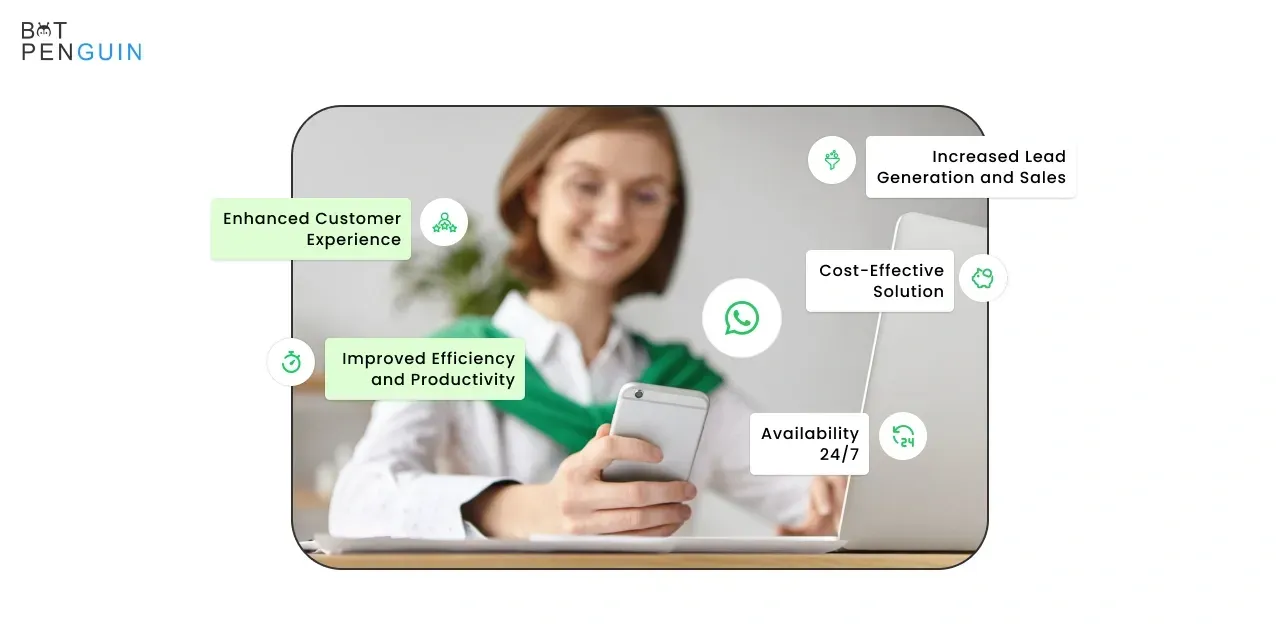
Improves the Experience for Customers
The customer experience is improved by having a whatsapp chatbot available every day of the year. Regardless of whether a user wants to contact a company on holiday or outside regular business hours.
This is because they may resolve their issues immediately without waiting for a human agent to arrive at the scene.
Extremely Reachable
Given that WhatsApp is the most widely used messaging program worldwide, it is probable that your end consumers have the app downloaded and are already comfortable using it.
High Engagement
An excellent way to interact with your consumers is through WhatsApp. You'll observe that the WhatsApp channels have a high response rate and often exchange messages. In fact, it has 98% of open rate and 45-60% of CTR
Lowers Operating Expenses
According to studies, chatbots may save a company's running costs by up to 30%. Businesses don't have to spend as much money (or as much time) employing and training as many customer service representatives because of their capacity to comprehend and respond to inquiries.
Suggested Reading:
Disadvantages of WhatsApp
Despite all the good, WhatsApp does have its demerits. The simplified UI is good for users but it limits businesses ability to customize the UI for a higher interactiveness.
Let’s dig a little deeper.
Less Rich UI Components
WhatsApp does not allow these sophisticated UI features, it is more restricted. WhatsApp has text, picture, and video features.
Difficult to Work With
The drawback of a chatbot being hard to develop depends on your company's demands and the intricacy of the queries your chatbot intends to answer.
For instance, building a custom chatbot from scratch that can respond to extremely sophisticated user inquiries and is tailored to you and your needs might be challenging.
And that is where BotPenguin comes in.
With all the heavy work of chatbot development already done for you, simply use its drag and drop feature to build AI-powered WhatsApp chatbot with features like:
- Marketing Automation
- WhatsApp Automation
- Customer Support
- Lead Generation
- Appointment Booking
Investment
You will require a separate WhatsApp license to do WhatsApp Chatbot Integration. You will also require templated messages if you intend to send communications to people after 24 hours. WhatsApp will tack on an extra cost for these templated texts.
To Summarize
WhatsApp is a platform that connects billions of users every day and is now providing businesses with limitless opportunities to reach and engage with their massive audience. Companies can directly interact with customers on the platform they prefer using chatbots for WhatsApp too quickly and at scale, thanks to WhatsApp for Business.
Before developing WhatsApp chatbots, you should know the platform's limitations. Building the bot on your own can be difficult and time-consuming. BotPenguin's chatbot-building platforms can assist you in developing the AI-driven WhatsApp bot.
The chatbot can use both AI and rule-based features to provide comprehensive support to your customers. You can train the WhatsApp chatbot on your data, so all its answers accurate to the last word.
The conversational AI can reply contextually based on the user journey and history. It can also translate the responses to any language the users’ prefer. Thus, taking their experience to a new level.
Using BotPenguin, you can launch chatbot for any business use case but again, you must adhere to the WhatsApp Business Guidelines.
Ultimately, you'll be able to launch your chatbot only when WhatsApp permits you.
Suggested Reading:
Frequently Asked Questions (FAQs)
What is a WhatsApp chatbot?
A WhatsApp chatbot is an automated software that uses artificial intelligence or rules to simulate human conversation on the WhatsApp platform.
How does a WhatsApp chatbot work?
A WhatsApp chatbot interacts with users through the chat interface. It uses automated responses to understand and respond to user messages, and can transfer the conversation to a human if needed.
How do I create a WhatsApp chatbot?
To create a WhatsApp chatbot, you need to comply with WhatsApp API restrictions, download the WhatsApp Business app, and obtain access to the WhatsApp API through a business solution provider or by self-requesting.
What are the advantages of using a chatbot for WhatsApp?
The advantages of using a chatbot for WhatsApp include improved customer experience, high reachability, increased engagement, and lower operating costs for businesses.
Can WhatsApp chatbots be used for marketing and promotions?
WhatsApp chatbot integrations cannot be used for marketing or promotional notifications. However, businesses can still leverage chatbots for interactive marketing campaigns and personalized responses within WhatsApp's guidelines.

